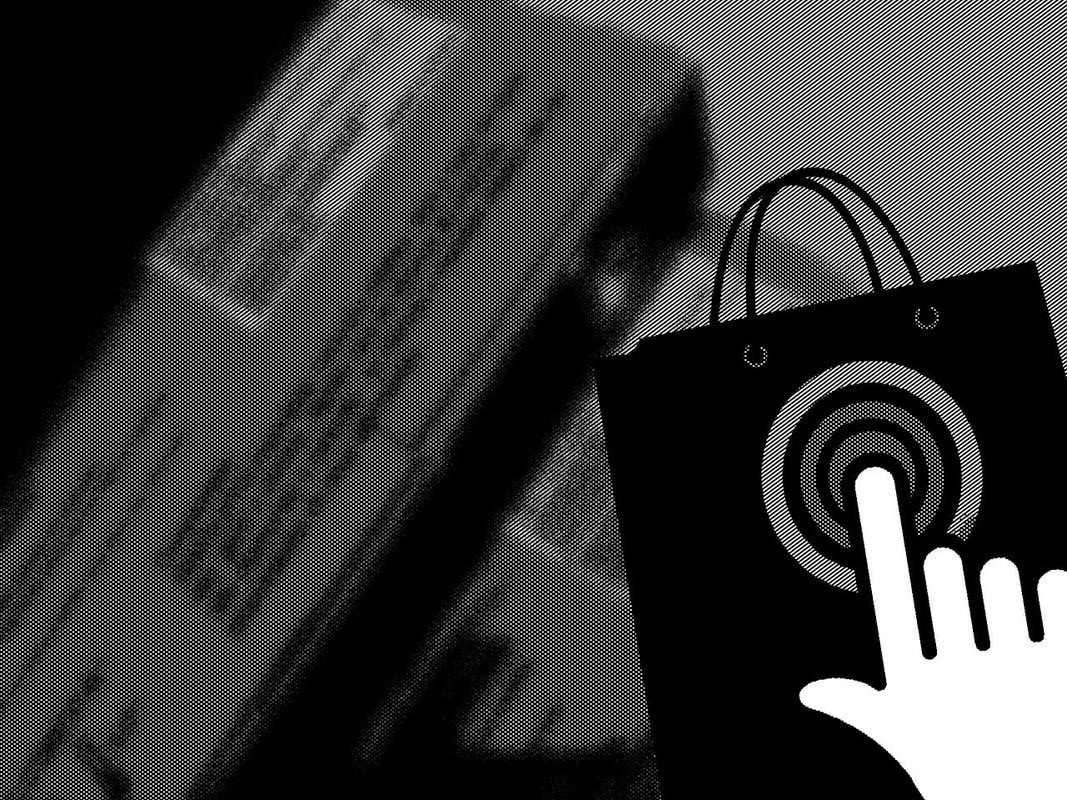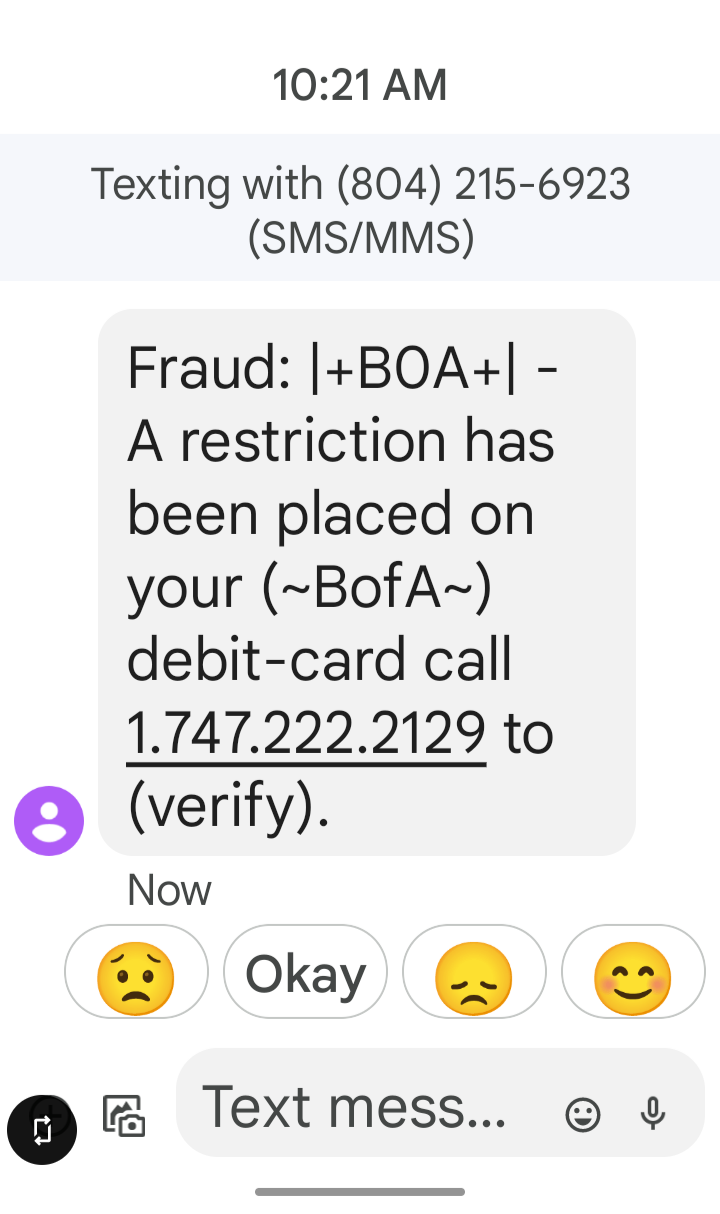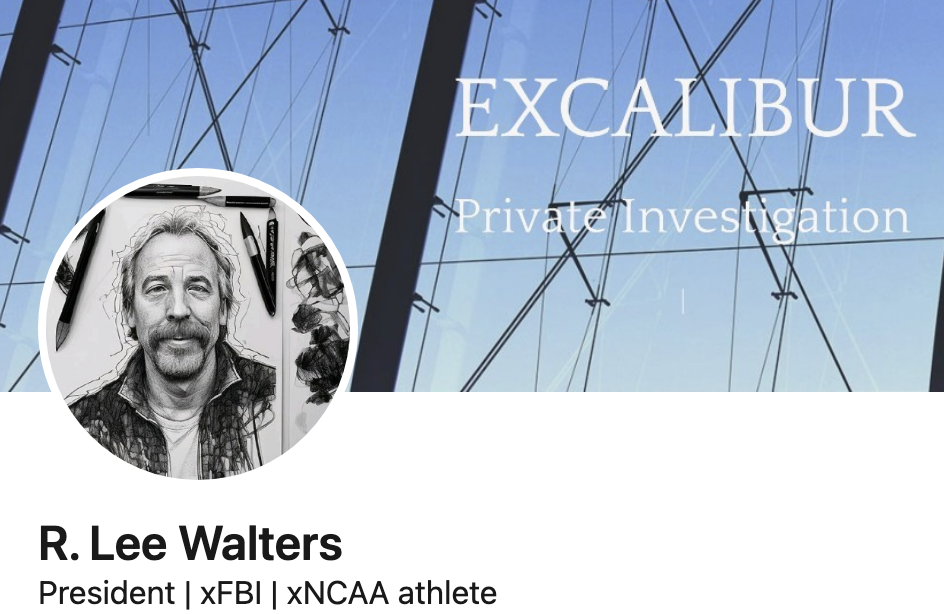A Faraday bag, also known as a Faraday cage or Faraday shield, is a specialized device designed to block electromagnetic fields. It is named after the renowned scientist Michael Faraday, who discovered the phenomenon of electromagnetic induction. A Faraday bag provides protection against electromagnetic interference (EMI), which can be caused by various sources such as cell phones, RFID scanners, GPS trackers, and other electronic devices.
The primary purpose of a Faraday bag is to shield sensitive electronic devices from external electromagnetic signals. These signals can potentially interfere with the operation of the devices or compromise their security. Faraday bags are commonly used in a variety of contexts, including law enforcement, cybersecurity, personal privacy, and information security.
The design of a Faraday bag is based on the principles of electromagnetism. It consists of a conductive material, typically a metal mesh or foil, that forms a continuous barrier around the contents of the bag. This conductive layer acts as a shield, preventing electromagnetic waves from passing through and reaching the devices inside. When a device is placed inside a Faraday bag and the bag is sealed, it effectively creates a "closed box" where electromagnetic signals cannot penetrate.
One of the main applications of Faraday bags is in the field of digital forensics. Law enforcement agencies, private investigators and cybersecurity professionals use Faraday bags to securely store and transport electronic devices that may contain valuable evidence or sensitive data. By placing devices such as smartphones, laptops, or tablets inside a Faraday bag, investigators can ensure that the devices remain isolated from external signals, preventing remote access, data theft, or tampering. This is particularly crucial during investigations involving confiscated devices or digital evidence.
In addition to private investigators, Faraday bags have gained popularity among individuals concerned about their privacy and data security. With the proliferation of wireless technologies and the increasing reliance on electronic devices, it has become easier for malicious actors to track, monitor, or hack into personal devices. Faraday bags offer a practical solution for protecting sensitive information, such as credit card data, personal identification numbers (PINs), or location data, from being intercepted or exploited.
Faraday bags also play a role in mitigating the risks associated with electromagnetic pulse (EMP) events. EMPs can be caused by natural phenomena, such as solar flares, or by human-made devices, like nuclear weapons. These powerful bursts of electromagnetic energy can potentially damage or disrupt electronic systems, including communication networks, power grids, and electronic devices. By storing critical electronic equipment in Faraday bags, organizations can minimize the risk of EMP-induced damage and ensure the availability of essential services during and after such events.
It's worth noting that while Faraday bags provide an effective shield against external electromagnetic signals, they also block outgoing signals. This means that devices placed inside a Faraday bag will not be able to send or receive wireless communications, including calls, messages, or internet connectivity. As a result, Faraday bags are typically used for temporary isolation or secure storage purposes and not for continuous device usage.
In conclusion, a Faraday bag is a specialized enclosure designed to block electromagnetic fields and protect electronic devices from external interference or unauthorized access. It offers a practical solution for safeguarding sensitive data, ensuring privacy, and mitigating the risks associated with electromagnetic events. As technology continues to advance and our reliance on electronic devices grows, the importance of Faraday bags in maintaining information security and personal privacy is likely to increase.
If you're working with a private investigator who can't tell you what a Faraday bag is, and does, you need to find a new investigator. The professional private investigators of EXCALIBUR Private Investigation, covering the whole state of Colorado, regularly use Faraday bags so that evidence can't be remotely erased or destroyed. If you think your case has technology that needs to be preserved. call us today, fill out our contact form or contact us via the Chat Box to speak to one of our investigators. Don't let a lack of experience, we have over 30+ years, cause your case to be lost due to technological evidence that should have been preserved.
Lee Walters
President - Lead Investigator
Colorado Springs, Colorado
EXCALIBUR Private Investigation is a participant in the Amazon Services, LLC Associates Program and may earn a small commission on products sold through links in this article.





 RSS Feed
RSS Feed













